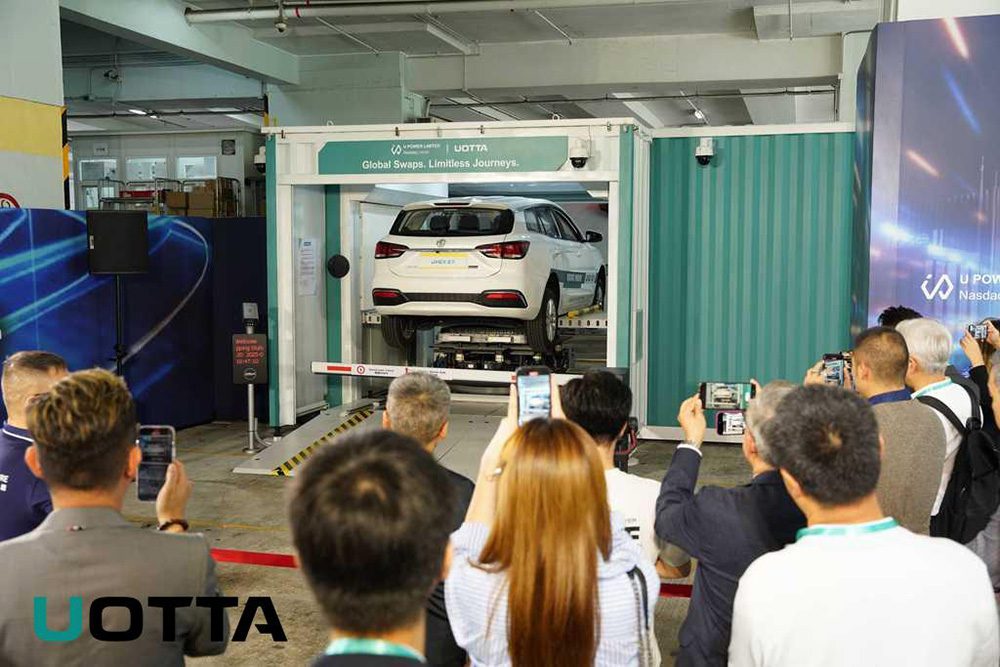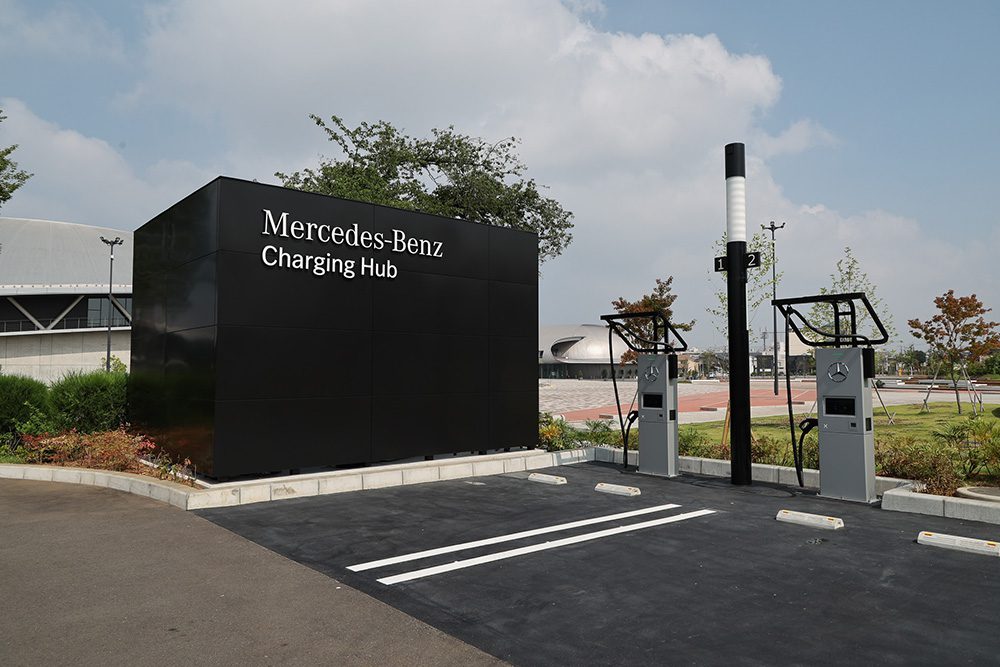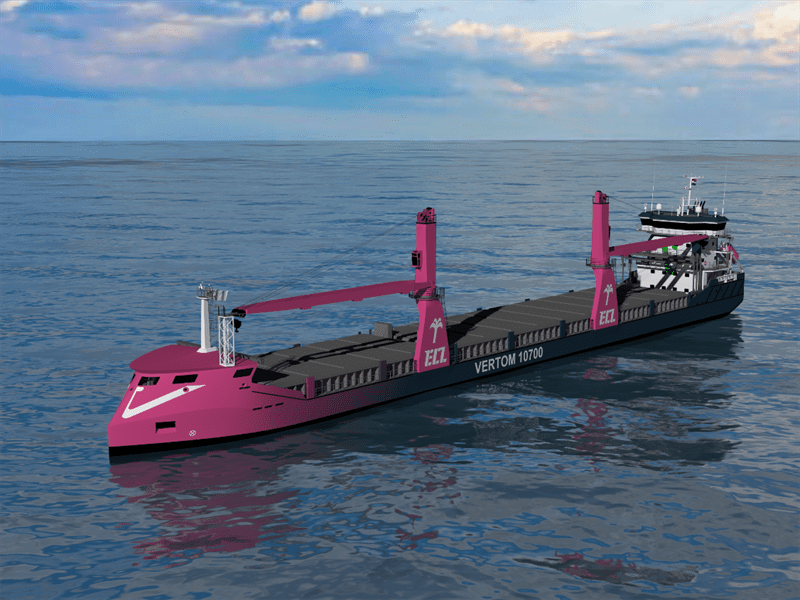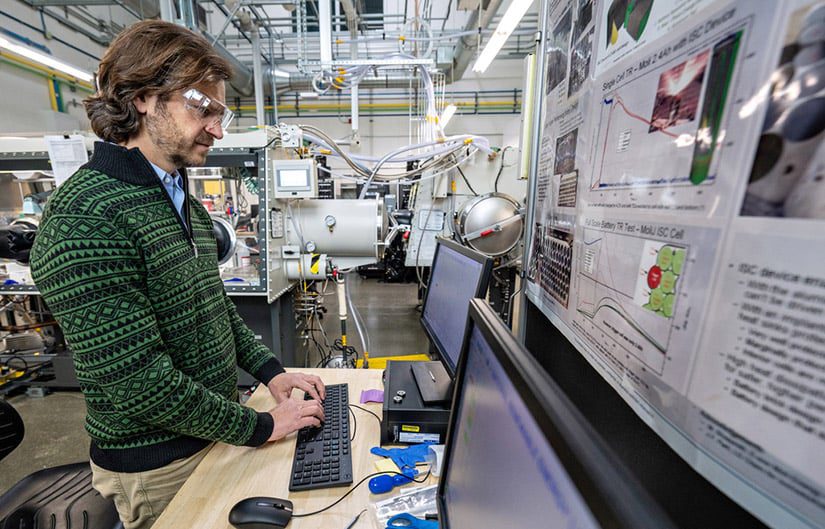Policymakers in many countries remain skeptical about the benefits of EVs, but a new study has added weight to the pro-EV argument, at least in the UK. According to a paper that was written by Cambridge Econometrics and commissioned by the European Climate Foundation, large-scale deployment of EVs could cut the UK’s oil imports by 40% and reduce drivers’ fuel bills by £13 billion.
Putting 6 million EVs on the roads by 2030 would deliver an average £1,000 of fuel savings per year per driver, and lead to a 47% drop in carbon emissions, according to the study. Between 7,000 and 19,000 new jobs would be created, and the UK’s GDP could increase by as much as £5 billion, thanks to reduced oil costs and increased vehicle spending.
If the number of electric drivers grows to 23 million by 2050, air pollutants such as nitrogen oxide and particulates would be all but eliminated, delivering health benefits from reduced respiratory diseases valued at over £1 billion.
However, sparking an EV boom will require deploying more charging infrastructure. “There will be a transition in the next 5-10 years, but you won’t see a sudden shift to electric vehicles until consumers have got over their ‘range anxiety’ concerns, and that will only happen with infrastructure spending,” said the paper’s co-author Philip Summerton.
In contrast to EV hotspots such as Norway and the Netherlands, UK drivers have been slow to plug in. In June 2014, a UK government survey found that only one percent of Brits said they were thinking of buying a plug-in. In December, an Automobile Association (AA) poll of 16,000 drivers reached the same conclusion. However, this February, the Department for Transport reported that over 25,000 drivers have submitted claims for plug-in vehicle grants, and that total plug-in sales in 2014 were 4 times the level of the previous year.
“Our research shows that drivers’ attitudes are changing when it comes to choice of car. Drivers want fuel-efficient cars that are also reliable, safe, comfortable and easy to service. However there is still a massive leap of faith to be made before drivers fully embrace full zero-emission vehicles,” said AA President Edmund King.
Source: The Guardian
Image: Nicolas Raymond (CC BY 2.0)


















































































